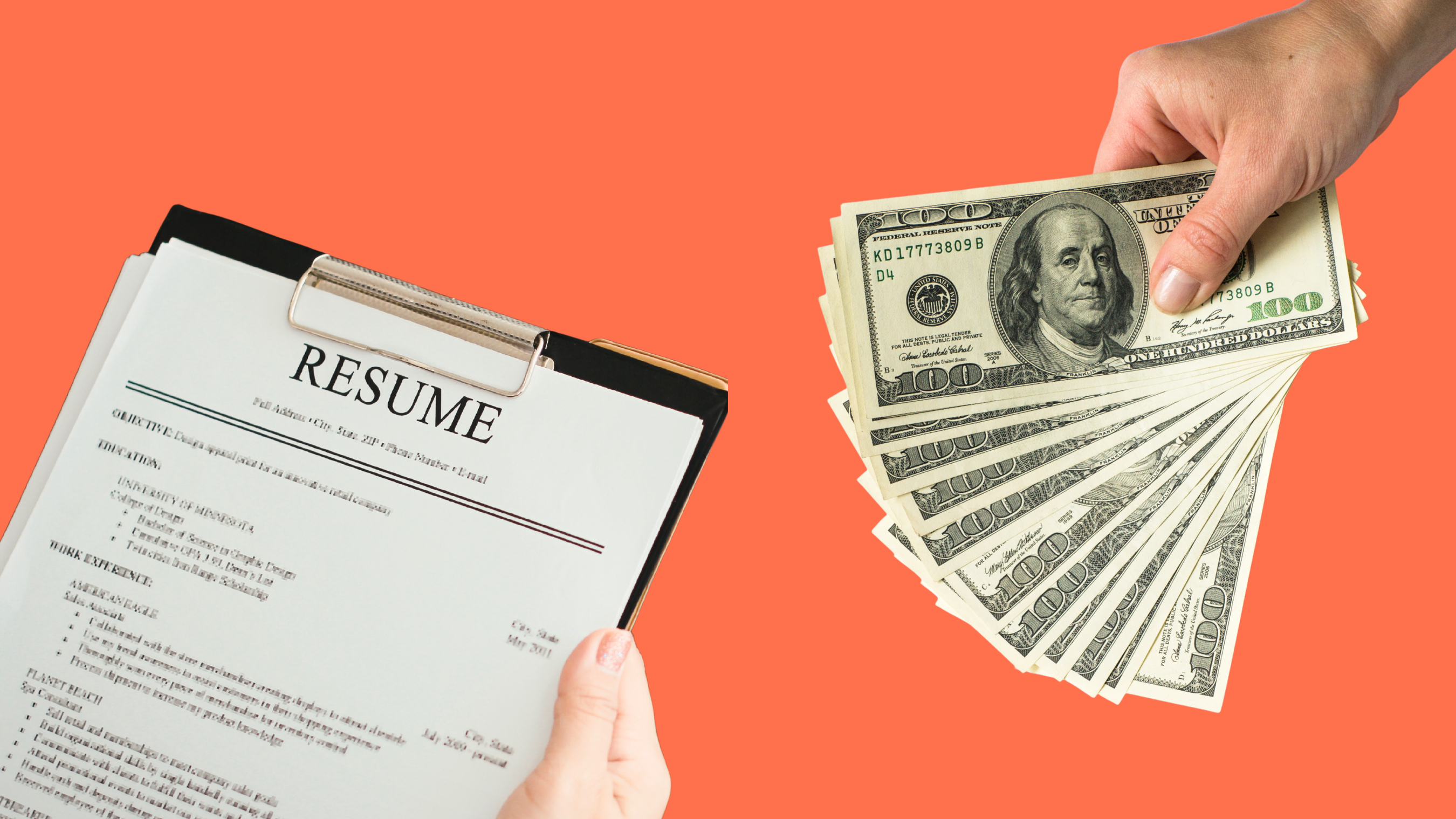Inflation doesn’t just suck at checkout. It actually puts many workers at odds with what’s in their best interest, per a new study from the National Bureau of Economic Research.
As Business Insider points out, most inflation research considers the economic costs of inflation, but this particular survey is unique in weighing its emotional toll.
What kind of emotions?
Well, not the rage you feel when realizing how much a pint of blueberries now costs, though that is relevant.
As everyday things cost more, workers want raises that reflect those changes; however, employers often offer the same percentage increases, regardless of inflation. Workers are then left to choose between accepting what’s essentially a pay cut or engaging in conflict.
The study found that 79% of US workers would accept what was offered, leaving a median of 1.75% of their wages on the table, while just 21% would work to increase it through methods like:
- Conversations with their supervisors
- Securing an offer elsewhere as a bargaining chip
- Asking their union to negotiate
Of those who did ask, 67% listed inflation as a factor, while only 19.7% said they always negotiate for more. Unionized workers were the least likely to accept the default wage, while younger, higher-earning, and government workers were more likely to accept.
What’s the holdup?
The study found that people who didn’t ask believed they could have secured a salary increase if they did — they’re just that averse to conflict.
So, what makes asking for a raise — a normal part of remaining with an employer — so uncomfortable?
A 2023 study found that 58% of surveyed Americans were apprehensive to even ask, even though 80% believed they’d earned one. Top reasons included being unsure of how to ask, fear of rejection, and concern over job security.
That last part may be particularly anxiety-inducing now, as companies perform layoffs and slow hiring efforts following post-pandemic hiring sprees, and amid economic and election concerns.
Feeling inspired to ask for a raise? Here are some tips from the University of New Hampshire’s College of Professional Studies.












